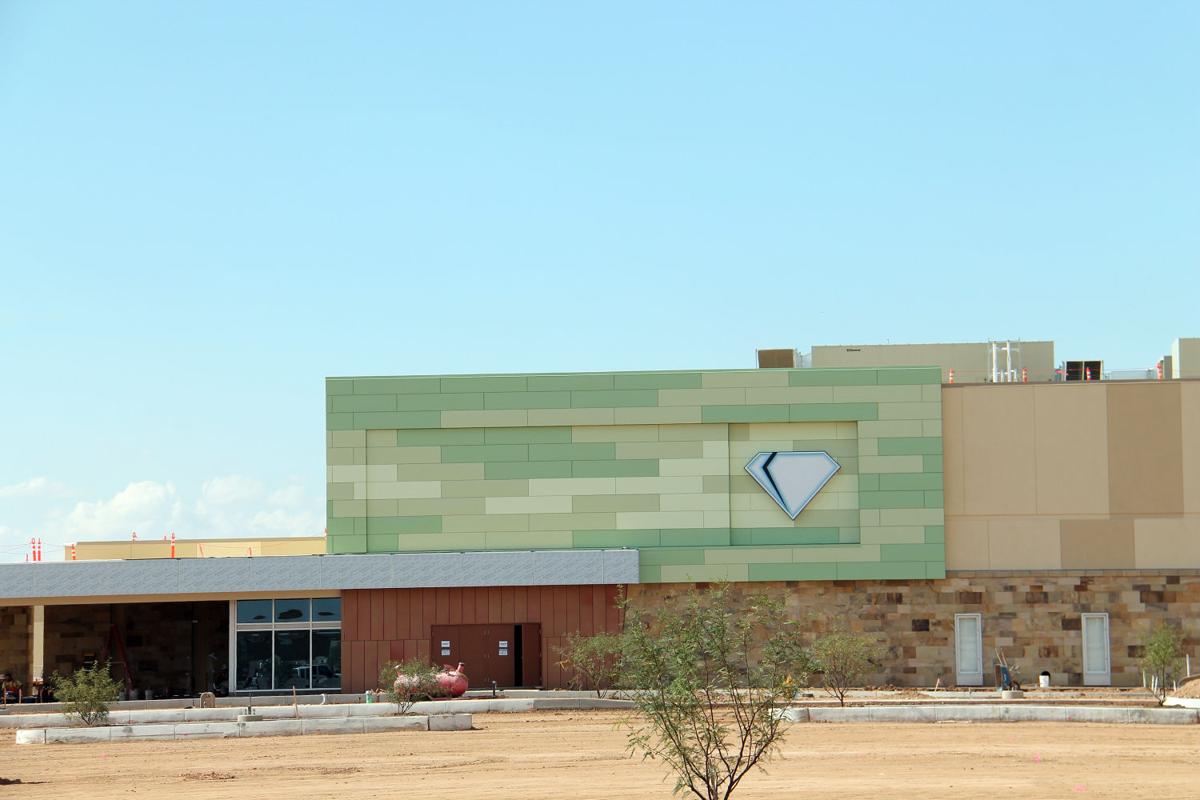PHOENIX — A federal appellate court has slapped down another in what have been a series of efforts by the state and other Indian tribes to block the Tohono O’odham from opening a casino on the edge of Glendale.
The 9th U.S. Circuit Court of Appeals on Friday said Arizona legislators acted illegally in 2011 in approving a measure which would have allowed the city of Glendale to annex the property the tribe had purchased eight years earlier without the tribe’s consent.
That issue is crucial, as a 1986 law permitting the tribe to have the land made part of the reservation required it to be in an unincorporated area. And without reservation status, there can be no casino.
Friday’s ruling, unless overturned, clears another hurdle for the tribe to open the gaming operation next month, albeit on a more limited basis than originally planned. That is due to a separate legal dispute with the state that is playing out in federal court in Phoenix.
But in writing for the unanimous three-judge panel, Judge Milan Smith Jr. said in strong terms that it’s clear that Congress wanted the Tohono O’odham Nation to be able to create a new reservation property and use it in an economically beneficial way for the tribe.
That goes to the 1986 federal law which gave the tribe $30 million after a federal dam project flooded reservation land near Gila Bend. That same law allowed the tribe to use the cash to buy nearly 10,000 acres of land elsewhere in Maricopa, Pima or Pinal counties — as long as it was not within any city limits.
The tribe did buy property on the edge of Glendale in 2003, revealing its true ownership in 2009 when it petitioned to have at least part of the parcel made part of the reservation.
In general, property can be annexed into a city only if the owners of at least half of the land in a specified area, by value and number give consent.
But a 2011 law carved out a special exemption allowing annexation without consent if the owners have asked that the land be made part of a reservation. Lawmakers who approved it and Gov. Jan Brewer who signed it made no secret of the fact they were trying to thwart the tribe’s casino plans.
U.S. District Court Judge David Campbell blocked the move, resulting in the appeal.
Smith said Congress approved the 1986 federal law because of its responsibility to the tribe and to compensate it for lost lands.
“The act recognized that ‘the lack of an appropriate land base severely retards the economic self-sufficiency of the O’odham people … contributes to their high unemployment and acute health problems, and results in chronic high costs for federal services and transfer payments,’ ” the judge wrote, quoting from the law.
Smith also noted that the Arizona law came after the Interior Secretary determined that it was appropriate to allow reservation status. And that, he said, runs afoul of — and is preempted — by what Congress intended.
“The effect of the state law is to thwart the accomplishment and execution of the full purposes and objectives of the act,” Smith wrote. He said it would have effectively given the city of Glendale veto power over the federal law designed to allow for reservation status.
Friday’s ruling does not end all the legal wrangling over the casino.
The appellate court is reviewing a separate ruling by Campbell which concluded the Tohono O’odham Nation is not violating the terms of a 2002 voter-approved compact. It gave tribes the exclusive right to casino gaming in exchange for a share of the profits.
It also contains limits on the location and number of new casinos and gaming machines, limits the state contends precludes a Glendale casino.
But Campbell said a plain reading of the compact shows the tribe is entitled to do what it is doing. And the judge said, in essence, that it’s irrelevant if state leaders and even the voters who approved the compact thought otherwise.
Separately, the tribe filed suit against the Department of Gaming after Director Daniel Bergin said he would not provide the necessary certification for it to begin full-scale Class III gaming on the site. Bergin contends the tribe committed fraud in 2002 by hiding its intent to build a new casino.
That case continues in Campbell’s court. In the interim, though, it plans on opening its doors on Dec. 20 with 1,089 Class II gaming devices.
These are machines that look virtually identical to slot machines. The difference is they technically operate like a high-tech form of bingo, linked electronically to other machines nationwide. And the state has no authority to regulate bingo.
But things like poker and blackjack remain off limits.





